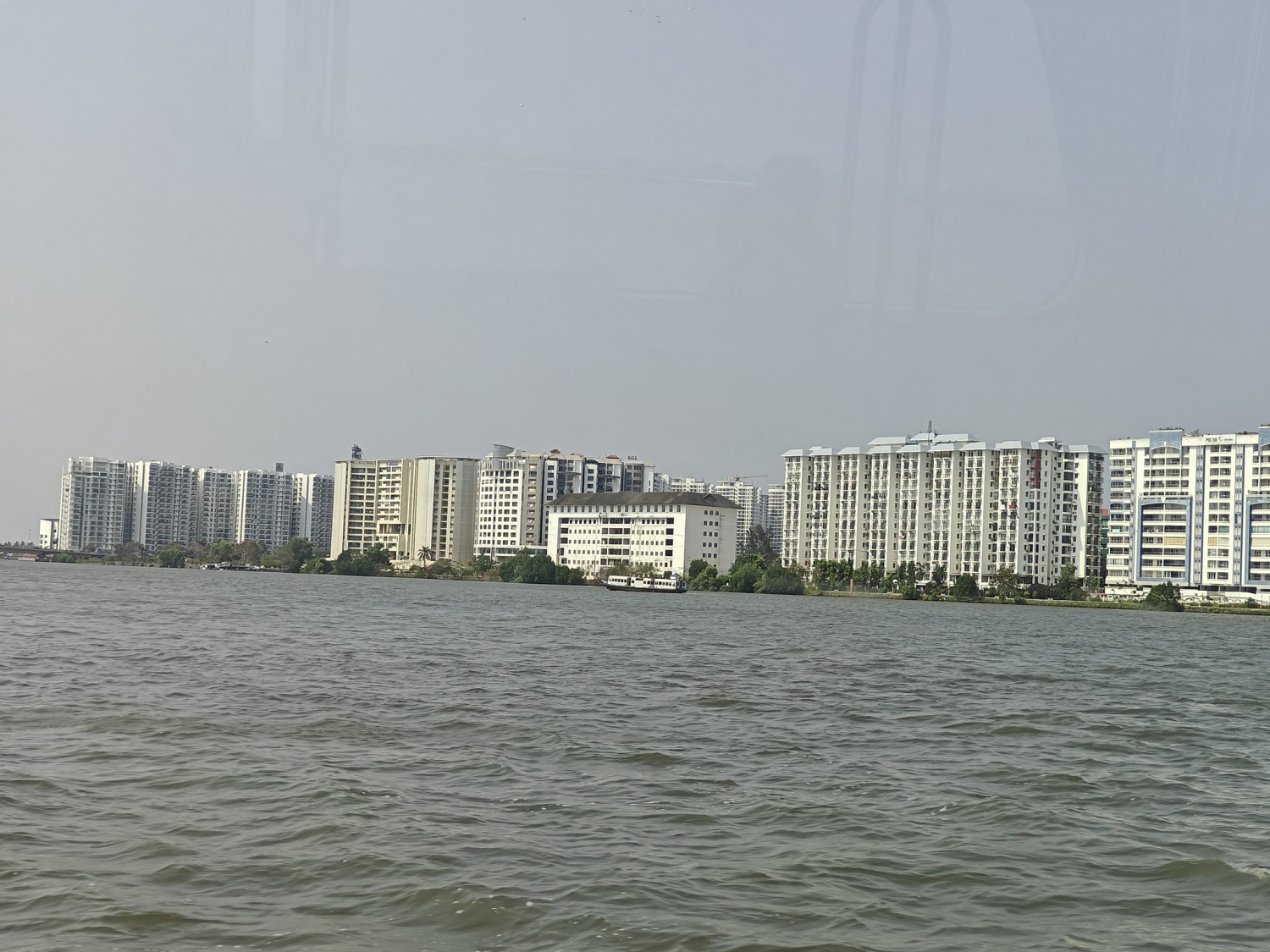
(Photo : Caapri)
India's prime office real estate market is emerging as a strong performer in the Asia-Pacific region, counterbalancing significant declines in Chinese markets, according to the latest Knight Frank report.
According to the report, Indian cities like Bengaluru, Mumbai, and Delhi-NCR saw robust growth on year-on-year basis. NCR region remained stable in Q3, 2024 while, Mumbai and Bengaluru saw a YoY increase of 5% and 3% while, Prime office rents in Delhi-NCR, Mumbai and Bangaluru are expected to stay stable for next 12 months driven by occupier demand and limited supply forecasted for the period.
Delhi is in 6th place and Mumbai in 8th place in the APAC Prime Office Rental Index which has Hong Kong SAR and Singapore in the top two positions.
India Outpaces China in Office Market Dynamics
While India's office markets report stable or growing rental trends, China's mainland cities like Shanghai, Beijing, and Shenzhen are bottoming out according to the report. Rents in Chinese cities have fallen sharply-Shanghai and Beijing recorded declines of 11.3% and 11.2% year-on-year, respectively. Vacancies in these cities remain elevated, with rates exceeding 20% in some cases. . In addition to China's decline, cities like Hong Kong are experiencing weak leasing momentum. Regionwide, vacancies have stabilized at 14.8% according to the report.
In contrast, Indian cities are experiencing steady demand and is maintaining the supply demand balance. Delhi-NCR reported stable rents with a comparatively low vacancy rate of 9.6%. The robust performance of Indian cities has helped in stabilizing the Asia-Pacific office rental index, which fell 2.5% year-on-year-moderating from sharper declines in earlier quarters, according to the report.
India's economic performance is a key factor supporting its real estate sector. The country's GDP growth is projected at 8.2% for FY24, significantly outpacing China's 5%. This economic momentum, coupled with India facing businesses has bolstered the demand in the country.
Despite these positive indicators, challenges such as global economic uncertainties and evolving work models could temper the pace of growth. Although, Indian cities currently appear well-positioned to adapt to the changes arising out of global economic uncertainties and evolving work models changes in the rental markets, the broader Asia-Pacific market faces mixed signals.
"Global economic uncertainties have led to more cautious capital expenditure strategies among occupiers, favouring renewals and consolidating office footprints.," said Tim Armstrong Global Head of Occupier Strategy and Solutions said in the report. "When relocations do occur, companies are opting for smaller, higher-density spaces, aligning with cost mitigation needs and the growing acceptance of hybrid work models, he added.
Global Capability Centers Lead the Growth
Demand for office spaces in India is driven by domestic companies, IT services, and Global Capability Centers (GCCs). GCCs have been pivotal in sustaining transaction volumes. And have become a major growth driver, leveraging India's high-quality talent pool and cost efficiency, report says.
India is home to approximately 40% of the world's GCCs, and their demand for office spaces continues to grow. Bengaluru stands out in this regard, with GCCs accounting for 62% of the office space transacted in the city during Q3 2024. Transaction volumes in Bengaluru grew by 158% year-on-year, reinforcing its position as a hub for multinational operations. Mumbai and Delhi-NCR are also benefiting from the presence of India-facing businesses and global organizations.
* This is a contributed article and this content does not necessarily represent the views of btin.co.in









